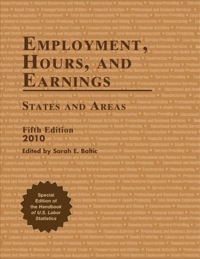Question
Investors generally finance their investment opportunities (assets) with a combination of loans (debt) and equity shareholders. Suppose owner Alex, as a CEO, purchases an asset
Investors generally finance their investment opportunities (assets) with a combination of loans (debt) and equity shareholders. Suppose owner Alex, as a CEO, purchases an asset (e.g., property real estate) expected to go up in value. Instead of paying full price, Alex finances the asset with a loan from Carter Bank and with cash from two college friends, Samand Chris. Sam wants to invest without having to worry about daily operations and is happy to be a preferred shareholder (PS) with no voting rights. Chris has some experience managing property investments and wants to invest as a common shareholder(CS), thus having a voting right or influence over Alexs decisions. Should the investment underperform and the business goes bankrupt, any leftover proceeds would first go to repay creditors (lenders), followed by preferred shareholders, and then common shareholders.
b. Draw a profit & loss diagram representing the long asset risk position of the CSs (i.e., Alex and business partner Chris), labelling the vertical axis.Do the CSs have limited or unlimited profit potential?
c. PSs are paid a fixed return ahead no matter how well the asset performs. (Any excess returns go to CSs because they take a greater risk.)Assume a bullish outlook of the assets performance, and draw Sams profit & loss diagram. (Hint: Sam pays $100 for the right to earn a dividend over a set range; the right is subsequently sold once the underlying value reaches the upper limit.)
Step by Step Solution
There are 3 Steps involved in it
Step: 1

Get Instant Access to Expert-Tailored Solutions
See step-by-step solutions with expert insights and AI powered tools for academic success
Step: 2

Step: 3

Ace Your Homework with AI
Get the answers you need in no time with our AI-driven, step-by-step assistance
Get Started


